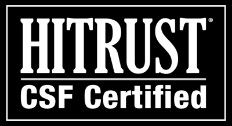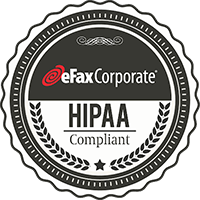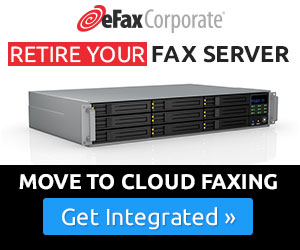(Without Vetting Your Vendor First!)
“Survey: Businesses are Okay with Moving to the Cloud Now.”
This title of a 2016 article in the legal-industry magazine Inside Counsel nicely sums up a major shift in the business processes — and mindset — of an industry that is extremely careful about how it stores and transmits its data. Summarizing a 2015 survey by information-management firm Recommind, the Inside Counsel article points out that 84% of law firms are now comfortable moving operations and data to cloud services — up from 68% in recent years.
With technology continually lowering barriers to entry and increasing competition in virtually all industries, businesses are looking for ways to streamline operations, reduce overhead, and otherwise create competitive advantages.
Migrating in-house technologies and business operations to the right cloud vendors is one proven method of achieving all of these objectives.
However, by implementing their cloud migrations too hastily — without first investigating the pros and cons of moving any business-critical function to the cloud or conducting due-diligence on any would-be cloud vendor — many businesses find their new cloud-based processes fraught with problems.
The experience of the legal industry is instructive for any enterprise: These firms are discovering that outsourcing key processes and even an organization’s entire network infrastructure to the cloud can yield significant business benefits.
But a business must first learn how to avoid the common risks in a cloud migration, as well as what to ask any potential cloud -service vendor — before making such a move.
We can help you get a better understanding of the issues surrounding a cloud migration for your organization — with our new white paper, Moving to the Cloud? Pro Tips for Vetting Cloud Vendors.
In this paper, downloadable for free, you’ll find valuable information about leveraging the cloud effectively and intelligently, with topics covered such as:
– The various cloud models businesses are using today — and how to identify the right model (or mix of models) for your business
– Common pitfalls to avoid when migrating your corporate data, processes, applications and platforms to the cloud
– Nine of the most important questions to ask a cloud vendor before trusting them with your company’s data and systems
For a preview of what you’ll find in our white paper, here are three of those nine key vendor-vetting questions:
1. How long have you been in business?
Because the Internet has lowered barriers to entry across so many industries, it is easier than ever for a small group to establish itself as a business — and that includes cloud vendors.
This is not to say that a new entrant into the cloud – storage field, for example, cannot be a viable vendor for your business. However, obviously the longer a company has been in business, the more experienced they are — and the more evidence you can compile of their track record with customers.
2. What is your financial position? Who is backing you?
It is unlikely that any of the 1,000+ enterprise customers storing their business-critical data with cloud provider Nirvanix had any idea that the company was headed for bankruptcy — until it was too late.
The more financially stable and well-funded a cloud vendor, the less likely your organization is to face a horror-story scenario like the one suffered by Nirvanix’s customers.
3. What level of responsibility will you assume for the security and integrity of our data stored on your cloud?
As cloud-security firm Skyhigh Networks reports , fewer than one in 10 cloud vendors encrypt customer data as standard practice. And many cloud service Terms and Conditions clearly state that the vendor takes no responsibility to secure the user’s data.
Given that a 2014 report by the Cloud Security Alliance found a typical enterprise’s employees are storing company data across roughly 500 cloud applications, it is vital to your organization’s security that you implement a policy of learning what level of responsibility a cloud vendor will assume before allowing your employees to place any corporate data onto that service.
You’ll find the rest of our nine key questions to ask when vetting a cloud vendor in the eFax Corporate white paper.
For Cloud Faxing, You Can Trust Industry Leader eFax Corporate
For the data you need to send or receive by fax, your enterprise can check all of the important boxes by upgrading your fax infrastructure to the cloud fax leader, eFax Corporate.
Our fax by email service for enterprises is built on a highly secure, redundant network–which can enhance your organization’s fax security and regulatory compliance while at the same allowing your IT teams to outsource their entire fax infrastructure to a trusted cloud provider.
Download the free white paper:
Moving to the Cloud? Pro Tips for Vetting Cloud Vendors.











